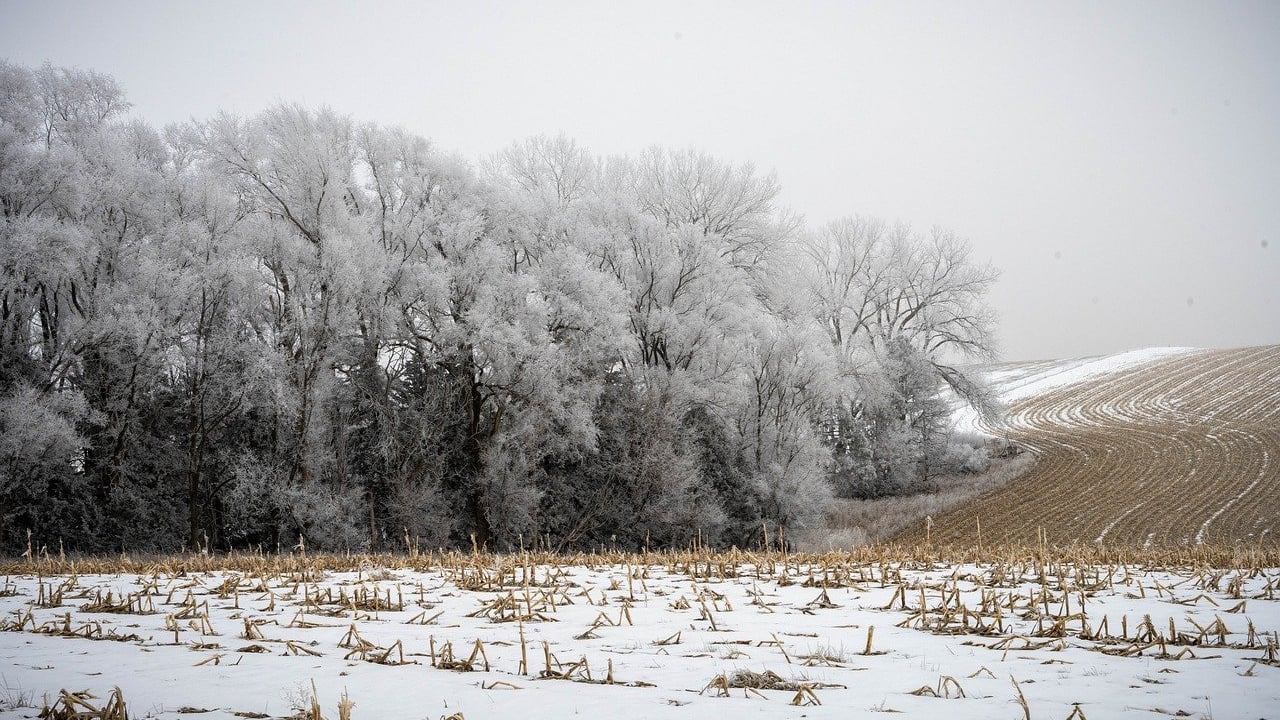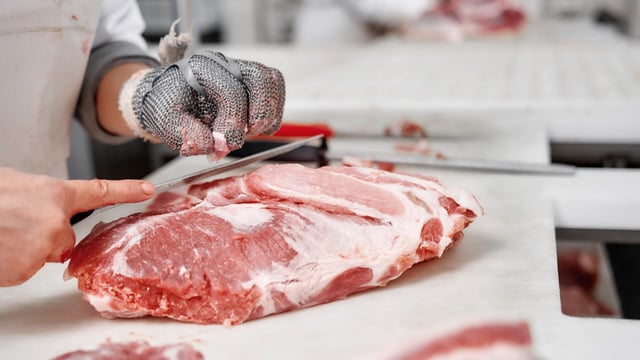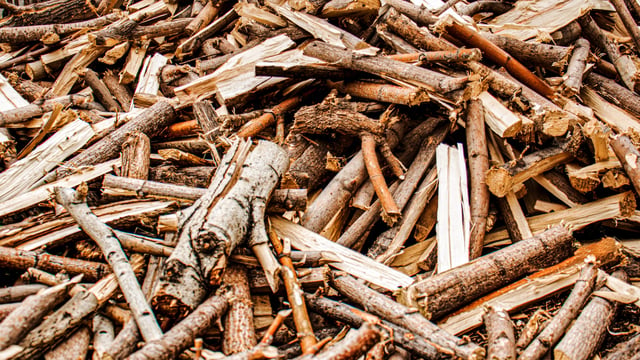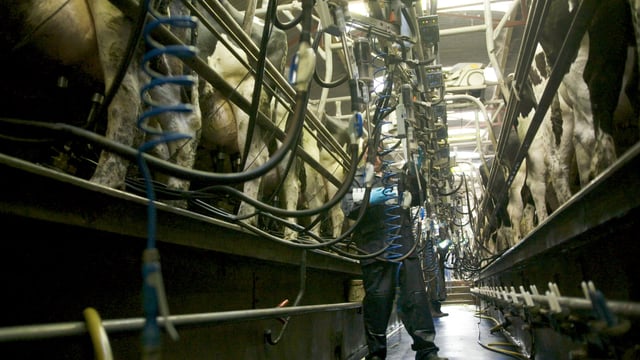Farmers urged to think of 'own safety' in severe cold weather spell
Farm families should take "necessary precautions" over the next number of days, to get through the severe cold weather spell, the president of the Irish Farmers' Association (IFA) has advised.
Met Ėireann has warned that over the coming week temperatures will plummet below average to -3 degrees or below in many areas.
Francie Gorman said this will mean that farm families will face daily challenges in carrying out their work over the week.
"It is absolutely essential that farmers think of their own safety, and the safety of their families and their neighbours at this time.”
“While farmers will want to care for their livestock, their priority should be their own safety.
"I would encourage everybody to check around their farmyard and farm and see what can be done to minimise the risks from sub-zero conditions,” the IFA president said.
According to the IFA farmers should make preparations for further cold weather including clearing routes around farm buildings, stocking up on gritting material and salt, and diverting water from commonly used pathways are vital steps to prevent slips, trips and falls.
It also said that insulating pipes early can prevent water supplies from freezing during very cold spells.
The Department of Business, Enterprise and Innovation (DETE) has also prepared a practical checklist for businesses and farms in order to plan for and respond to a bout of severe weather.
It has warned that freezing weather conditions can "affect farming in several ways" and advised farmers to be particularly aware of the;
- Provision of feed and water to livestock;
- Delivery of feed to farms and the transport of products from farms;
- Freezing of water pipes to sheds and outdoor water troughs;
- Freezing of milking machines and other equipment in milking parlours;
- Freezing of coolant and diesel in tractors;
- Damage to forage crops being grazed in-situ or stored in farmyards;
- Personal risks of working and driving over icy surfaces.
It has warned that animals will "show signs of dehydration if left longer than 24 hours without water".
In relation to cattle in sheds, feed is generally not a problem as forage and meal is usually stored in the farmyard or nearby.
"The most vulnerable groups of animals to water shortage are milking cows, animals on high concentrate diets and animals fed hay, straw or other very dry feeds," according to DETE.
It has also reminded farmers that milking cows must have access to drinking water at all times. A cow producing 30 litres of milk and being fed a silage-based diet requires 75-90 litres (16-20 gallons) of water per day.
"Finishing animals on high levels of dry feed, such as high concentrate diets have a big demand for water," the department added.





